World Bank program, Sourcing2Equal arrives from Kenya to Colombia, where it will be implemented to support women entrepreneurs in Latin America.
Women entrepreneurs in Latin America will have access to new opportunities to boost their businesses thanks to the Women Entrepreneurs Financing Initiative (We-Fi) and the Government of Norway, through Sourcing2Equal of the World Bank (WB).
The program, led by the International Finance Corporation (IFC) of WB, is expanding to the region following its successful experience in Kenya, where it brought together 11 companies that supported the development of women-led ventures in the African country. The goal is for the program to continue expanding to other Latin American countries after its implementation in Colombia.
Read more content like this at: thewomanpost.com
This move is not surprising considering that, according to a report by WEConnect International (2017), less than one percent of corporate procurement spending is allocated to women-owned businesses. Furthermore, women entrepreneurs are predominantly found in low-paying sectors such as food services, cleaning, and personal services. In Colombia, the situation is very similar, with women-owned businesses still being underrepresented in the supply chains of large corporations.
Partnerships with large companies
To carry out the initiative, a partnership was established with S2E Colombia, a program aimed at promoting business between women-owned small and medium-sized enterprises (SMEs) and large companies in Colombia.
The goal is to reduce gender gaps in the supply chains of large companies in Colombia by providing women-owned SMEs with access to new opportunities in corporate procurement.
In the initial implementation stage in Colombia, 15 companies have committed to reviewing their policies, processes, and procurement criteria based on best practices, and taking concrete actions to promote the participation of women-owned businesses in their procurement processes.
Gender best practices include tasks such as identifying women-owned businesses participating in their procurement processes, strengthening their capacities, reviewing procurement protocols and requirements to level the playing field for women-owned businesses, and reviewing payment policies to streamline the cash flow of suppliers, among others.
The companies that hawomanve made this commitment are Alpina, Bacao, Bancamia, Bancolombia, Diageo, CocaCola FEMSA, Grupo Argos, Grupo Éxito, Empacor, Juan Valdez, Libero Cobre, Pavimentos Colombia, Postobón, Sunshine Bouquet, and Unilever.
Positive impact on communities
Elizabeth Martinez de Marcano, IFC Manager for the Andean Region, expressed: "By promoting the participation of women-owned SMEs in corporate procurement, large companies diversify their supplier base and increase their resilience and sustainability. The S2E Colombia program contributes to enabling companies to generate higher returns on investment in procurement, driving innovation, and enhancing the quality and recognition of their brands while generating a positive impact on the community."
The program will run for two and a half years, allowing participating companies to learn and implement new approaches and best practices to promote the participation of women entrepreneurs in their corporate procurement. Additionally, it will identify and strengthen the capabilities of potential suppliers to help them overcome the barriers they face in meeting the requirements of corporate buyers.
In parallel, S2E Colombia will foster new business opportunities and commercial connections aimed at generating a positive impact on the local market and gender equality.
To implement this program, IFC has partnered with local organizations with experience in supporting corporations and women-owned businesses, such as UN Women, Global Compact Network Colombia, the Chamber of Commerce of Bogotá, and the Chamber of Commerce of Cali.



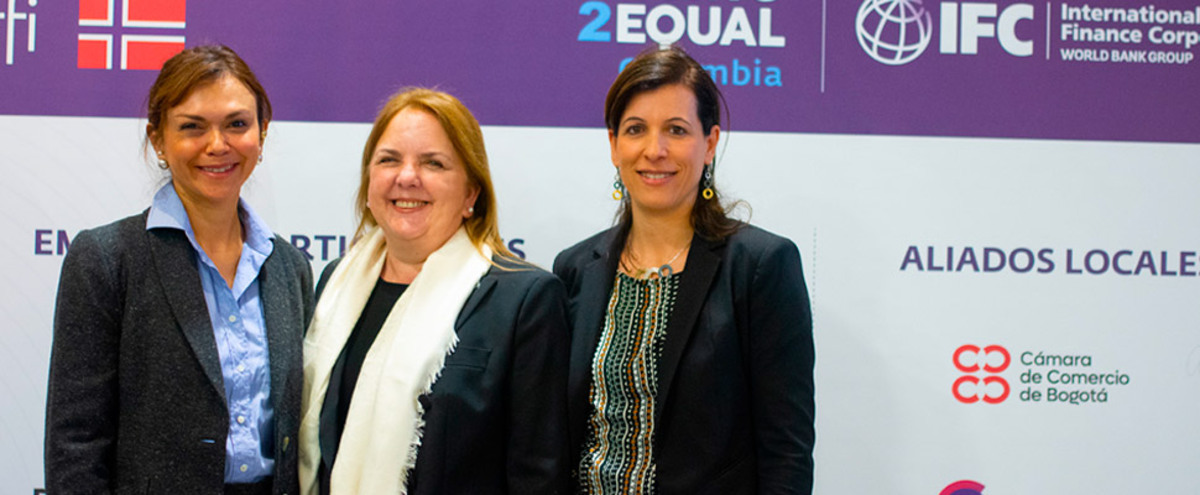
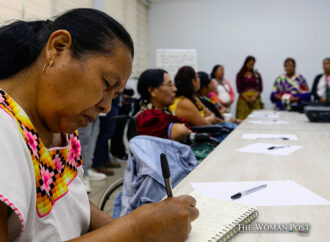

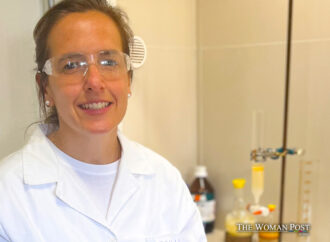

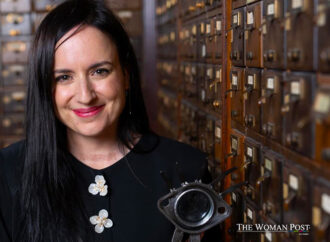





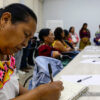






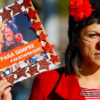



Leave a Comment
Your email address will not be published. Required fields are marked with *